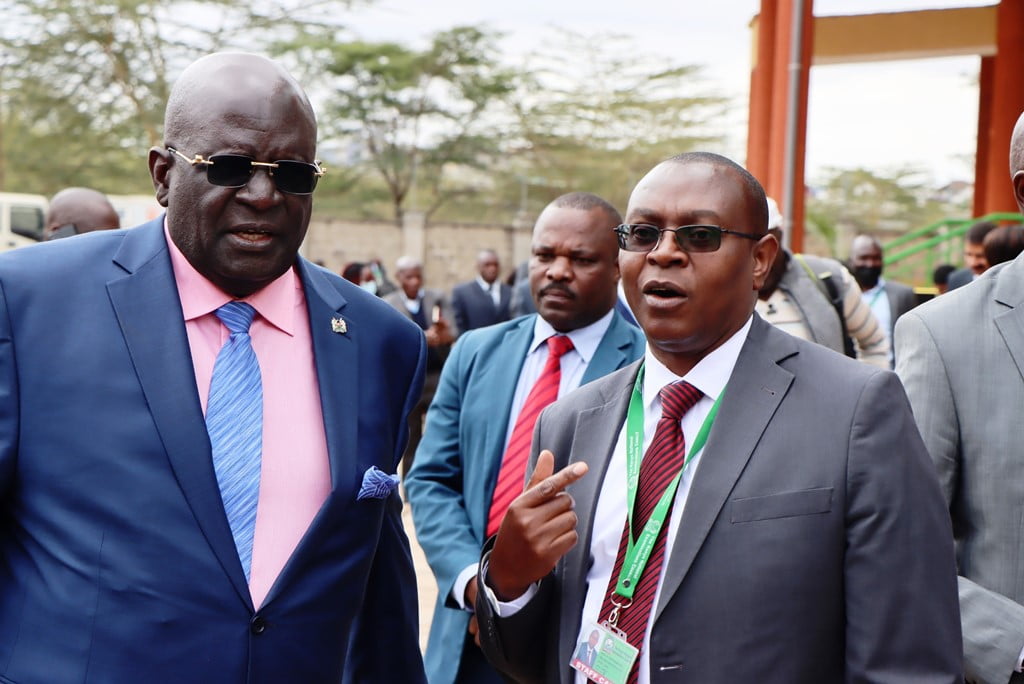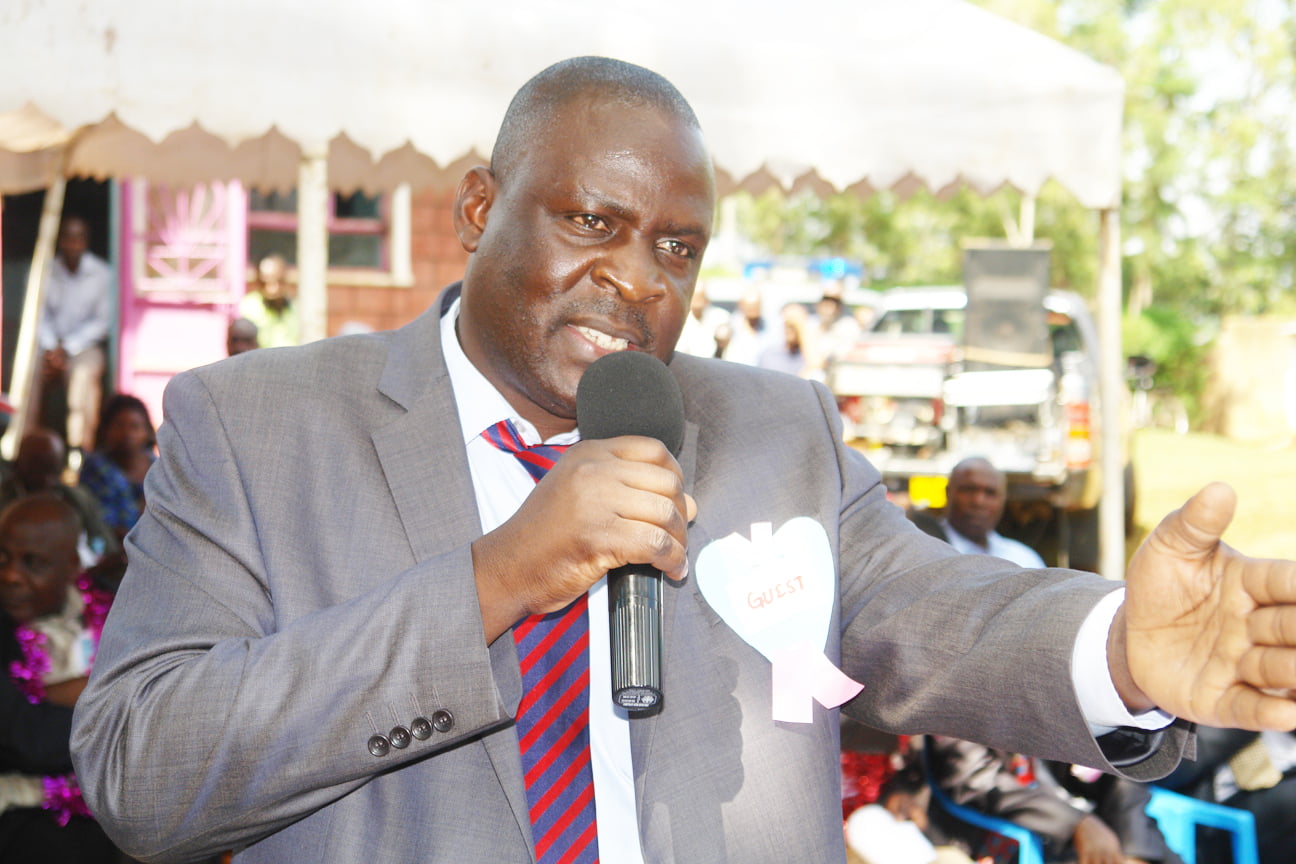By Hezron Roy
The Kenya National Examination Council (KNEC) has provided guidelines on the manner Grade 6 examinations will be conducted.
At the end of Grade 6, KNEC will issue a summative assessment, Kenya Primary School Education Assessment (KPSEA) to all 2022 Grade 6 learners from November 28 to November 30, 2022 which will contribute to 40 per cent of a learner’s score.
Here, KNEC will assess the thirteen subjects offered from Grade 4-6 using five papers consolidated as Mathematics, English Language, Kiswahili or Kenyan Sign Language (KSL), Integrated Science (which combines Science and Technology, Agriculture, Home Science and Physical and Health Education), and Creative Arts and Social Studies which also combines 4 subjects; Social Studies, Religious Education (Christian, Islamic and Hindu Religious Education), Art and Craft and Music.
Each of the five papers will be scored out of 100 per cent while the overall score will be reported as a sum of the scores out of 500 marks. Thereafter learners will be issued with a KPSEA Transition Report.
According to the recently released timetable for the KPSEA exam, the students will have a rehearsal on Friday November 25, 2022.
Mathematics and English will kick off the assessment on Monday, November 28, 2022.
Day 2 papers, Integrated Science and Kiswahili/KSL will be held on Tuesday, November 29, 2022.
On Day 3, learners will only sit one paper; Creative Arts and Social Studies.
KNEC further revealed that the KPSEA examination will be purely multiple-choice questions that will easily be marked using the new Optical Mark Recognition technology acquired recently which electronically scored the 2021 Kenya Certificate of Primary Education (KCPE).
According to KNEC, the machine works by shining a beam of light on the candidate’s paper using a dedicated scanning device, then the contrasting reflection at predetermined positions on a page will detect marked areas as they reflect less light than the blank areas of the paper.
Learners with special needs who are able to follow the regular pathway will have their KPSEA papers adapted based on their area of special needs.
Learners with severe and multiple disabilities, for example severe deaf/blindness, cerebral palsy and autism will follow a stage-based curriculum that will allow them flexibility based on their abilities hence being assessed at Foundation and Intermediate levels based on their readiness to transition to the next levels.
Selection and placement arrangements
KNEC opened the Grade 6 assessment portal from August 15, 2022 to August 30, 2022 for the Grade 6 learners to select their JSS schools in readiness for placement in January 2023.
The pupils were expected to upload their preferred schools, and according to a statement from the Ministry of Education (MoE), students were required to pick national, regional, county, sub-county and private schools – with Prof. Magoha further instructing them to pick two for national, regional and private schools categories.
According to MoE, the key considerations and requirements for selection and placement were that learners would be offered placement in all existing registered public and private secondary schools and that public secondary schools which share a compound with a public primary schools will utilize the available classroom(s) in the primary school as additional learning space.
Further, existing registered private secondary schools, having adequate space, will be available for learners whose parents will pay the fees charged.
According to Prof. Magoha, selection will be premised on the principles of merit (performance in KPSEA), equity (affirmative action where required), choice of schools by learners and institutional declared capacity.
In compliance with the 100 per cent transition policy, all learners will be placed in JSS institutions and for standalone JSS, only those that are registered will be eligible for selection and placement.
Existing registered public and private secondary schools will not require re-registration to offer JSS as MoE will undertake registration of all JSS as standalone institutions, as long as they have complied with the minimum classroom requirements and having a fully equipped laboratory.
Learners with special needs and disabilities pursuing the Stage-Based Pathway will transition to the next level based on performance in the Kenya Intermediate Level Education Assessment (KILEA) administered by KNEC and each learner’s readiness to transition.
Inclusive education shall continue for learners with special needs who attend regular schools. Learners will be placed in appropriate JSS institutions based on their disability and performance in KPSEA.






